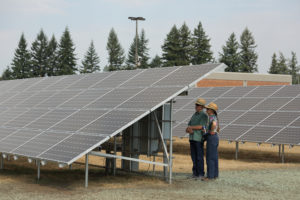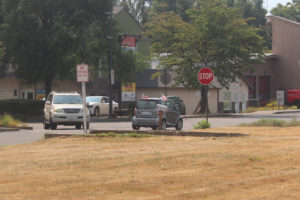Washougal residents are troubled over the cost of their water bills. Washougal city council members are troubled over the cost of mandated improvements to the city’s water system.
There’s no doubt that water — and how to pay for it — continutes to be a troublesome topic in Washougal these days.





